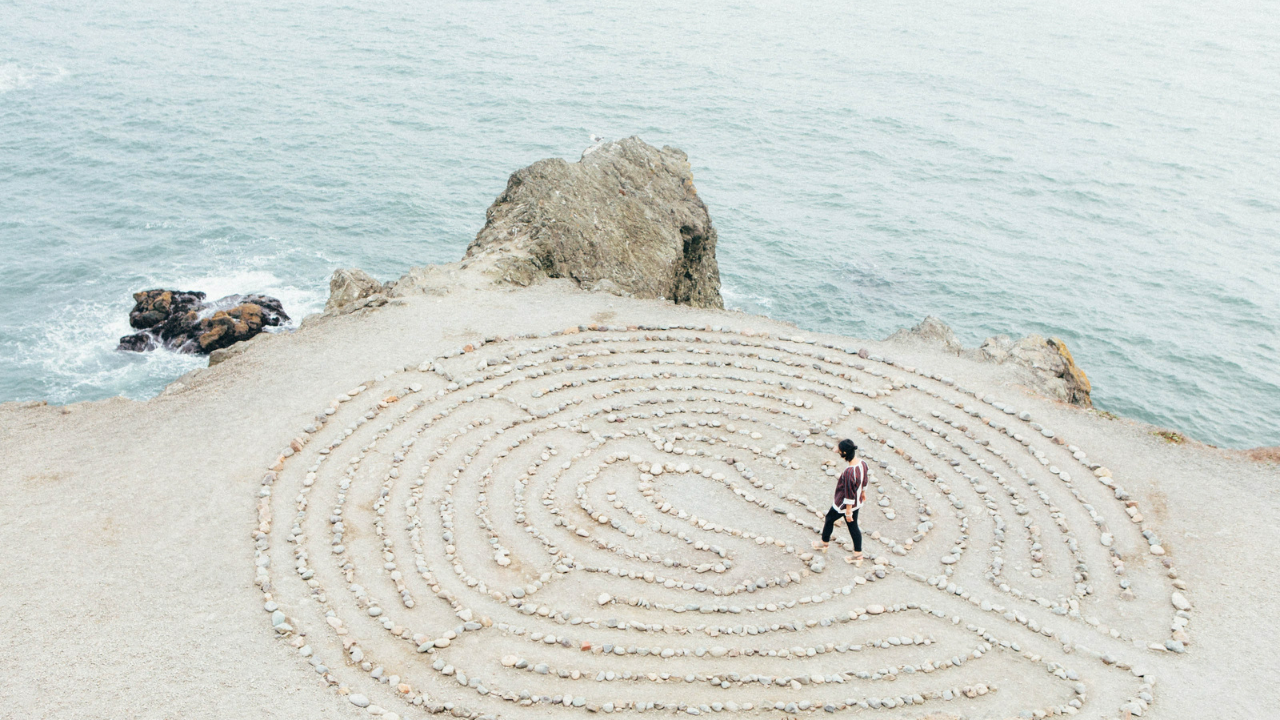Unplugging to Refuel: Why Stepping Away Might Be the Best Thing for Your Writing
Jul 15, 2025
Two weeks ago, I did something radical.
I unplugged.
Not just from email or social media. I unplugged from my job, my routines, my productivity mindset. I stepped away from the day-to-day demands of being a communications director at a research company and gave myself permission to simply be—to experience the world with fresh eyes.
I didn’t realize how badly I needed it until I left the routine of my day-to-day life.
Seeing with New Eyes
First stop: Chicago, my hometown. There’s something nostalgic and grounding about going back to the place that shaped you. But instead of slipping into autopilot, I decided to experience the city as a tourist. My sisters and I revisited our childhood haunts, wandered familiar neighborhoods with new appreciation, and spent an afternoon at one of my all-time favorite places: the Art Institute of Chicago.
I lingered in the Gustave Caillebotte exhibit longer than I expected. I have long known and loved his painting Paris Street; Rainy Day.

Paris Street; Rainy Day, 1877 by Gustave Caillebotte
But what captivated me most were his less-familiar paintings, which captured working-class life in Paris and Impressionist scenes from the Yerres River, where he spent his summers.

Floor Scrapers, 1875 by Gustave Caillebotte

Boating Party, about 1877–78 by Gustave Caillebotte
I was mesmerized by the impeccable way he captured sunlight and the movement of the oars in the water. I kept wondering, how did he do that? There’s something about art, when you let yourself really see it, that reminds you: there’s always more than meets the eye.
That became the theme of my trip.
In Maine the following weekend, the rhythm shifted from city sidewalks to nature’s slow unfolding. I did yoga on the beach. Hiked through quiet forest trails. Watched fireworks shimmer over the ocean. It was all sensory immersion—salty air, warm sun, a crackling bonfire down the beach, the hush of pine needles underfoot. No agenda. No content calendar. Just presence.
And slowly, almost imperceptibly, my creative energy began to return.
The Gift of Stepping Away
As writers, we often believe we must keep pushing through—one more paragraph, one more chapter, one more deadline. But the truth is, creativity isn’t always fueled by effort. Sometimes, it needs space. Stillness. Novelty. Beauty. It needs us to stop staring at the screen and look out the window. Or better yet, walk out the door.
That’s why taking time away from writing isn’t a detour. It’s part of the journey.
In a previous blog post—“Stuck in a Writing Rut? Try Seeing With Fresh Eyes”—I wrote about the importance of perspective. When we’re stuck, it’s often not because we don’t have something to say—it’s because we’re seeing the same things the same way. We’re locked into a particular frame, and we forget that there’s a whole world outside of it.
Travel, nature, art—these are tools that help us break that frame. They remind us what it feels like to be surprised, to be delighted, to be moved. And those are the very emotions that stir our writing back to life.
Unplugging Isn’t Wasted Time
Let’s be honest: stepping away from our work—especially as creatives—can feel risky. What if I lose momentum? What if I come back and can’t find my rhythm again?
But here's what I discovered: giving myself a full two weeks off didn’t make me fall behind. It made me want to write again.
Rest isn't wasted time. It’s restoration. It’s the soil where your next story idea is quietly germinating. It's the stillness where inspiration gathers, waiting to surface when you're finally quiet enough to hear it.
Even science backs this up. Studies show that our most creative ideas often emerge not during times of deep focus but during what researchers call “default mode network”—the mental state we enter when we’re relaxed, daydreaming, walking, or doing something routine. In other words: when we aren’t trying so hard.
Permission to Pause
Maybe you can’t take a two-week getaway right now. That’s okay. You don’t need a plane ticket to unplug.
You can:
- Take a walk without your phone.
- Spend an hour at a museum or gallery.
- Sit at a coffee shop and watch the world go by.
- Revisit a place from your childhood.
- Try something creative that isn’t writing—painting, cooking, gardening.
The point isn’t what you do. It’s that you allow yourself to step out of the push-push-push mode and into a posture of receptivity. You allow your senses to wake up again. You practice seeing—not just with your eyes, but with your whole self.
That’s when the magic starts to return.
A Fresh Page
When I returned home, something had shifted. I felt fuller. Clearer. More open. The noise had quieted, and in its place was a whisper: You’re ready.
Ready to write again—not from pressure, but from joy.
So if you’re in a writing rut, consider this your gentle invitation to step away. Not forever. Just long enough to remember what it feels like to be alive and paying attention.
Unplugging might be the very thing that brings you back to the page.
